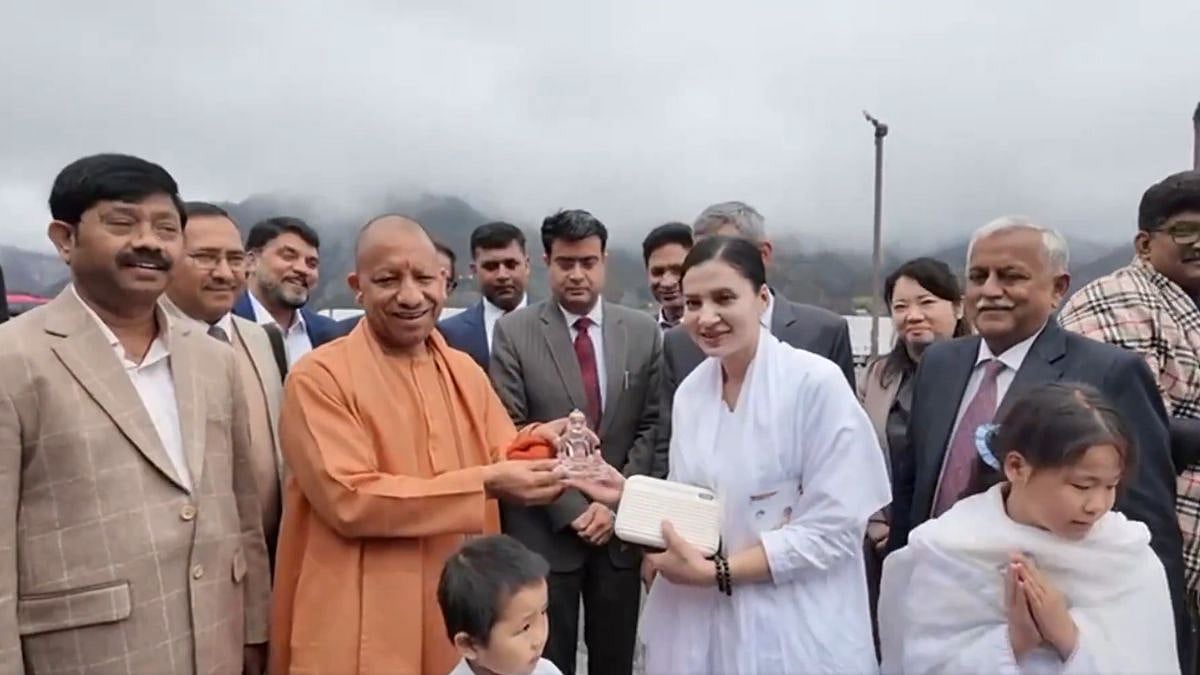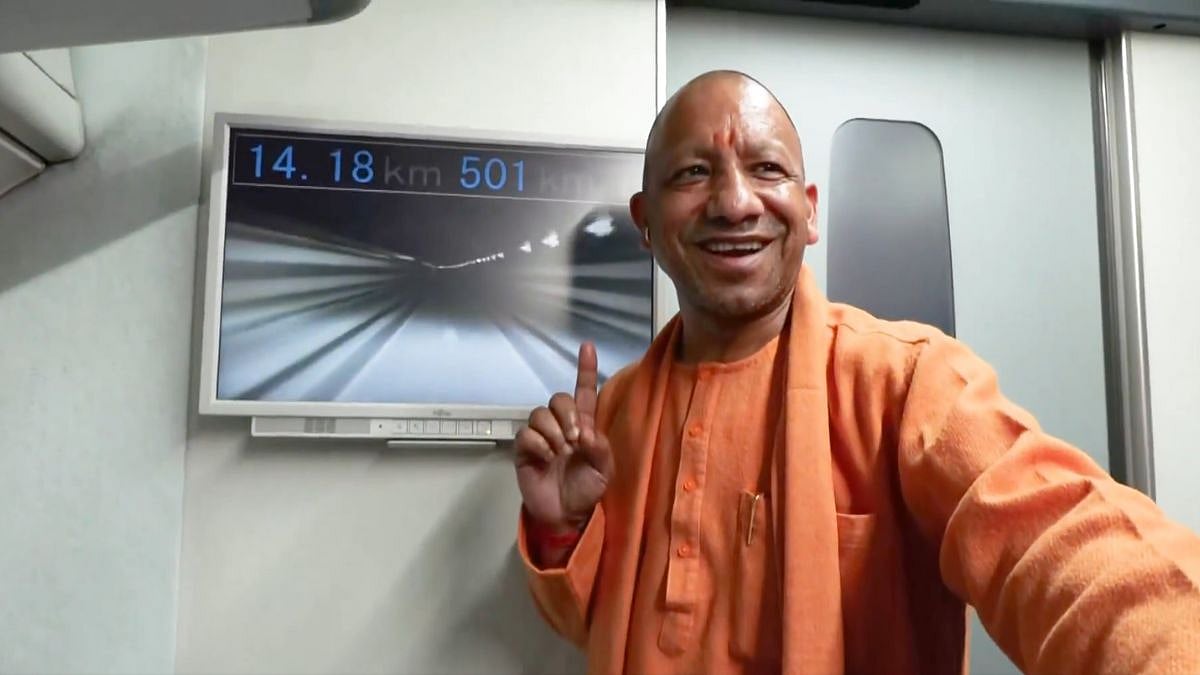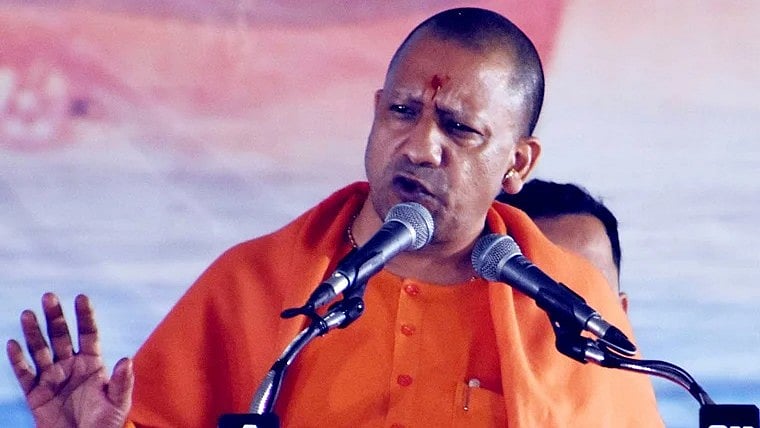The term ‘cooperative federalism’ has been in vogue ever since Prime Minister Narendra Modi came to power at the Centre in 2014. It has been an article of faith for him, as he had been a successful chief minister. He resented the idea of getting state plans approved by the then Planning Commission.
What the term meant is close cooperation between the Central and state governments in tackling all national issues in a give-and-take manner. Yet, when coronavirus began to spread in India in early 2020, his government tried to tackle the situation in a Centralised, overbearing, control and command fashion, leading to a national lockdown with a few hours of notice.
When millions of migrant labourers began to travel hundreds of miles by foot to reach their ancestral villages, some of them perishing on the way or giving birth on roadsides, the mighty Indian state sought, again, to control the situation in an insensitive, bureaucratic manner that did not do the nation proud.
A year later, when the government should have learned to control the pandemic in a more organised, coordinated and effective manner, the situation seems to be back to square one with the concept of ‘cooperative federalism’ hardly at play. One apex committee constituted for coordination between the Centre and the states did not meet even once in February and March this year when the second surge began to stare the nation in the face.
The leaders who should have been sitting in their war rooms and managing the crisis were busy chasing votes while patients began dying by the hundreds for want of oxygen or hospital beds, while black-marketeers began selling medicines like Remdesivir at prices 100 times more than their maximum retail price (MRP) even when the companies were supposed to sell them only to the hospitals.
If over-centralisation, which is against the concept of ‘cooperative federalism’, was the issue in early 2020, the situation now is just the opposite, with the Centre washing its hands virtually of the pandemic a la Pontius Pilate, leaving the whole burden on the states. The states, too, have not crowned themselves with glory in tackling the crisis, notwithstanding some islands of success in the vast desert of failure.
The pricing of the vaccine is a case in point. There is no logic whatsoever for the vaccine manufacturers to sell the same vaccine at different prices to the Central and state governments when the intended beneficiaries are poor people who cannot afford to buy it at market prices. It is a pity that there is still a discussion on the pricing, when tens of millions of people have been waiting to get themselves vaccinated against Covid-19.
These are matters of detail that should have been discussed and decided among the Central and state governments and the vaccine manufacturers before anyone anywhere is allowed to laugh at the monkeying going on. There are states which complain about shortage of vaccines forcing them to temporarily stop the vaccination campaign while the Centre’s stock records suggest something contrary to their claims. There are also states with surplus stocks of vaccines that could be rushed to the nearby states where there is shortage.
Similarly, there is a shortage of oxygen cylinders at hospitals, both private and public. Oxygen plants which should have been commissioned by the beginning of this year could have been quickly completed and activated. If Kerala was able to produce enough oxygen and even supply to distant Delhi, why couldn’t other states do it? Producing oxygen or oxygen concentrates is not as difficult as acquiring the cryogenic engine technology. If today India is one of the world’s largest satellite launching nations, it surely can produce oxygen needed for its own patients.
All this calls for concerted planning and making optimal use of the existing scientific, medical and other technologies. Now that the elections are over, the Centre should lose no time in putting in place a system which will address the short-term and long-term needs to control the epidemic. When it comes to saving human lives, nothing should be a deterrent for the governments.
Private bodies like vaccine manufacturers and medical experts, too, should be roped in give the apex body the broad base required to tackle a crisis which can only be described as nothing but Himalayan. The time to set up this machinery for consultation, coordination and decision-making in the right spirit of ‘cooperative federalism’ is now and not a day later!




